To improve the above situation, clarifying the role and responsibility of leaders in implementing innovation, creativity, daring to think, daring to do, and daring to take responsibility is decisive.
"What leader, what movement"
In fact, the responsibility of the leader has been carried out throughout history and has had a profound influence on both the Party and the people. In the process of development, we all see that there must always be breakthroughs, what we temporarily call "breaking the fence". That is, practice always moves, develops and goes ahead of regulations. Therefore, at some point, current regulations will become outdated, hindering development. This is when the leader needs to be decisive, resolute, dare to think, dare to do in order to overcome the difficulties caused by the mechanism, bringing high efficiency in work.
For example, in the pre-renovation period, the story of the breakthrough, daring to think, daring to do of comrade Kim Ngoc with the product contracting model in agriculture . Or in the renovation period, Prime Minister - Vo Van Kiet with the 500KV North-South power transmission project has really brought great progress to the country. The spirit of daring to think, daring to do of such leaders has overcome all difficulties in the mechanism to bring about breakthrough development.
People often say: "As the leader, so is the movement". In an agency or unit, the leader is the "soul" of the collective, encouraging subordinates to innovate and be creative in their work, from big to small things. It can be listening to new initiatives to improve work, implementing new ways of doing things that go beyond current regulations, etc. To encourage subordinates to boldly innovate and be creative, the leader must take responsibility for that, this is an extremely important factor.
Resolution 4 of the Central Committee (11th tenure) clearly defined the authority and responsibility of the head of the Party Committee and the government in relation to the collective, Party Committee, agency and unit. Recently, in the locality, there have been leaders and managers, especially at the Central level, some leaders, through self-criticism, clearly saw their responsibilities and asked to resign from the positions they were holding. This is a positive manifestation in Party building and rectification. From the practice of leadership and the requirements in the work of Party building and rectification, it shows that it is necessary to specify and clarify the responsibilities of the head with basic contents.
First of all, the leader must be absolutely loyal to the Fatherland, the people, and the Communist Party of Vietnam , seriously implement the Party's guidelines and policies, the State's policies and laws, and creatively apply them to successfully complete the assigned political tasks according to their respective positions and powers. The leader must be responsible for setting an example in all aspects.
Set an example in performing work, put public affairs first and foremost, "Putting public affairs first", wholeheartedly and wholeheartedly devoted to the task; demonstrate the spirit of daring to think, daring to do, daring to take responsibility, daring to innovate, be creative, daring to face difficulties and challenges, daring to act for the common good.
Set an example in ethics and lifestyle, be truly diligent, thrifty, honest, upright, fair, impartial, resolutely fight against individualism, do not take advantage of power for personal gain, say no to corruption, waste, and negativity; be exemplary in studying and following Ho Chi Minh's ideology, ethics, and style.
Set an example of loyalty, wholeheartedly serving the Fatherland, serving the people, for the benefit of the nation, people and people.
Set an example of democratic leadership style, close to reality, effective, avoid formalism, achievement disease. Set an example of organizational awareness, discipline, strict compliance with the Party's Charter, organizational principles, cadre work, things that Party members are not allowed to do, regulations on resignation, dismissal, and taking a vote of confidence.
Set an example of self-criticism and criticism, defend what is right, criticize what is wrong, courageously admit mistakes, do not take credit or blame, take care to build the staff team, especially the next generation of staff.
In addition, the leader must have "vision", sharp thinking, knowledge, and understanding of the problem to correctly and sufficiently identify whether the proposals and advice of subordinates are truly creative or not, can be successful or not, and are truly for the common good or not?
"Untie" the leader
Currently, the determination of responsibility in the implementation of public duties is not clear. A job may be in that position but there are many other impacts to be able to do it. It can go through many levels, steps, processes, procedures. Sometimes we think it is strict but it is not.
We are emphasizing the issue of decentralization and delegation of power. Especially in leadership positions, it is necessary to clearly define what work, who does it and to what extent? When evaluating work, it is important that we evaluate work efficiency, especially socio-economic efficiency.
In terms of management, that is the measure to evaluate whether the staff, especially the leaders, are good or not? However, in reality, we still focus on procedures and evaluate formal issues. This is an obstacle in the process of innovation and creativity of staff and civil servants, especially leaders. We need a mechanism to bind but not constrain, control but not "tie the hands and feet" of leaders when they dare to think, dare to do, dare to innovate and create, it must come from both sides.
Firstly, the current regulations themselves must promote work efficiency when evaluating cadres; secondly, we must promote the assignment, decentralization, delegation of authority, and determination of job positions, then it will be clear where the positions and powers of leaders and managers are, and what they can do. What is the fundamental solution to avoid the situation of doing, listening, being hesitant, and hesitating at the same time? We must have a control mechanism to avoid the risk of taking advantage of the trend of daring to think, daring to do, and doing work for personal gain.
Of course, we should not put too much emphasis on a certain process that makes the work heavy, but there must be a mechanism to control the power of the leader. For example, the leader dares to think, dares to do, and performs tasks that go beyond the provisions of the law. The requirement is to have full and regular reports to the competent authority, while doing, reporting so that the competent authority can monitor and supervise. This will achieve two sides of the problem: It will promote dynamism and creativity; at the same time, avoid the risk of taking advantage of daring to think, dare to do to do wrong things. In particular, it will control personal interests or the interests of a group.
The lesson not only from history, but also from the vibrant practice of Party building and rectification and the current political system is to regularly and seriously carry out self-criticism and criticism in order to correctly perceive the responsibility of each cadre and Party member, especially the leader. If that responsibility is well carried out, the Party will become stronger; corruption, negativity, and degradation will be pushed back; the prestige of the Party and State will be consolidated among the people, contributing to creating the premise for successfully carrying out the political tasks set out in the new revolutionary period./.
Huyen Linh
Source








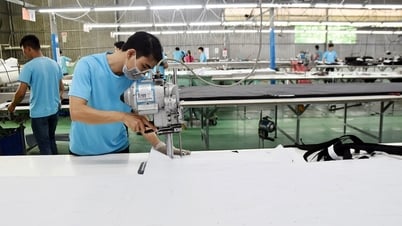
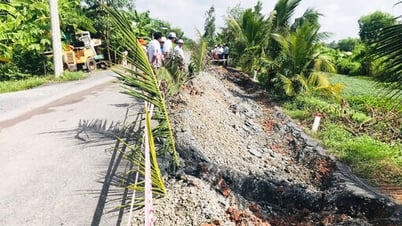


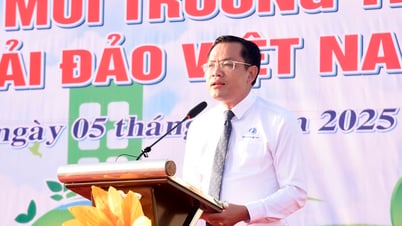
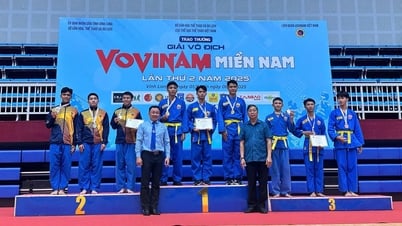
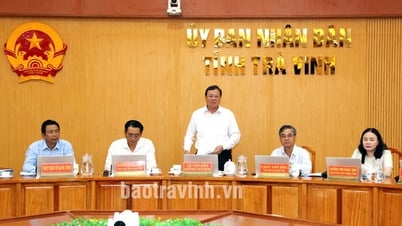















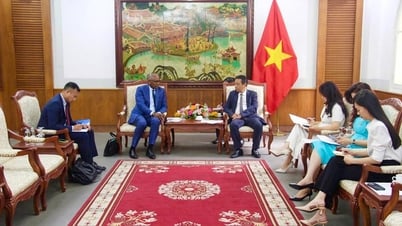




























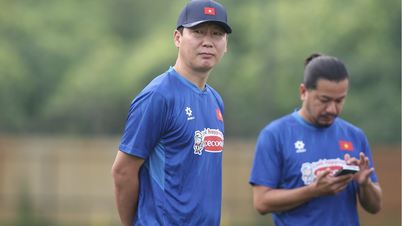
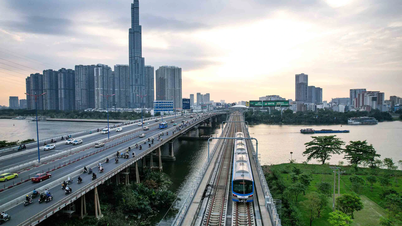
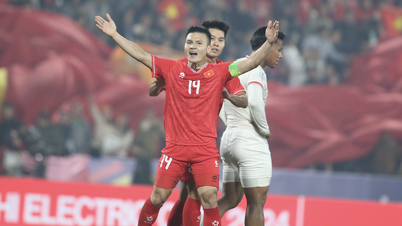


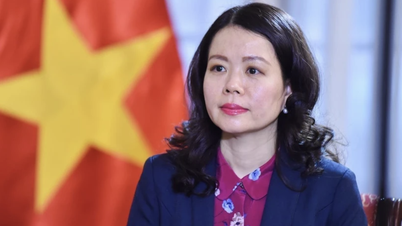








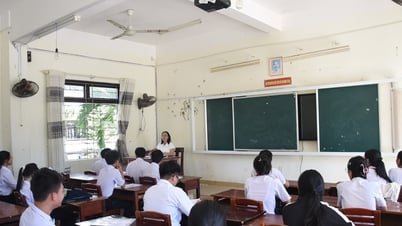

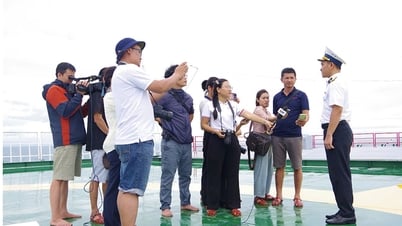

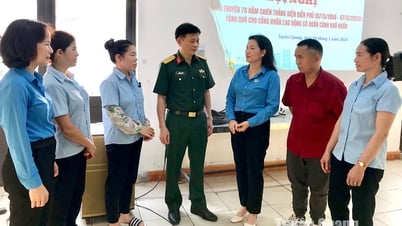





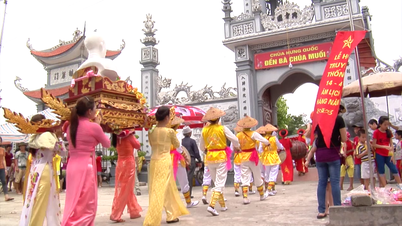










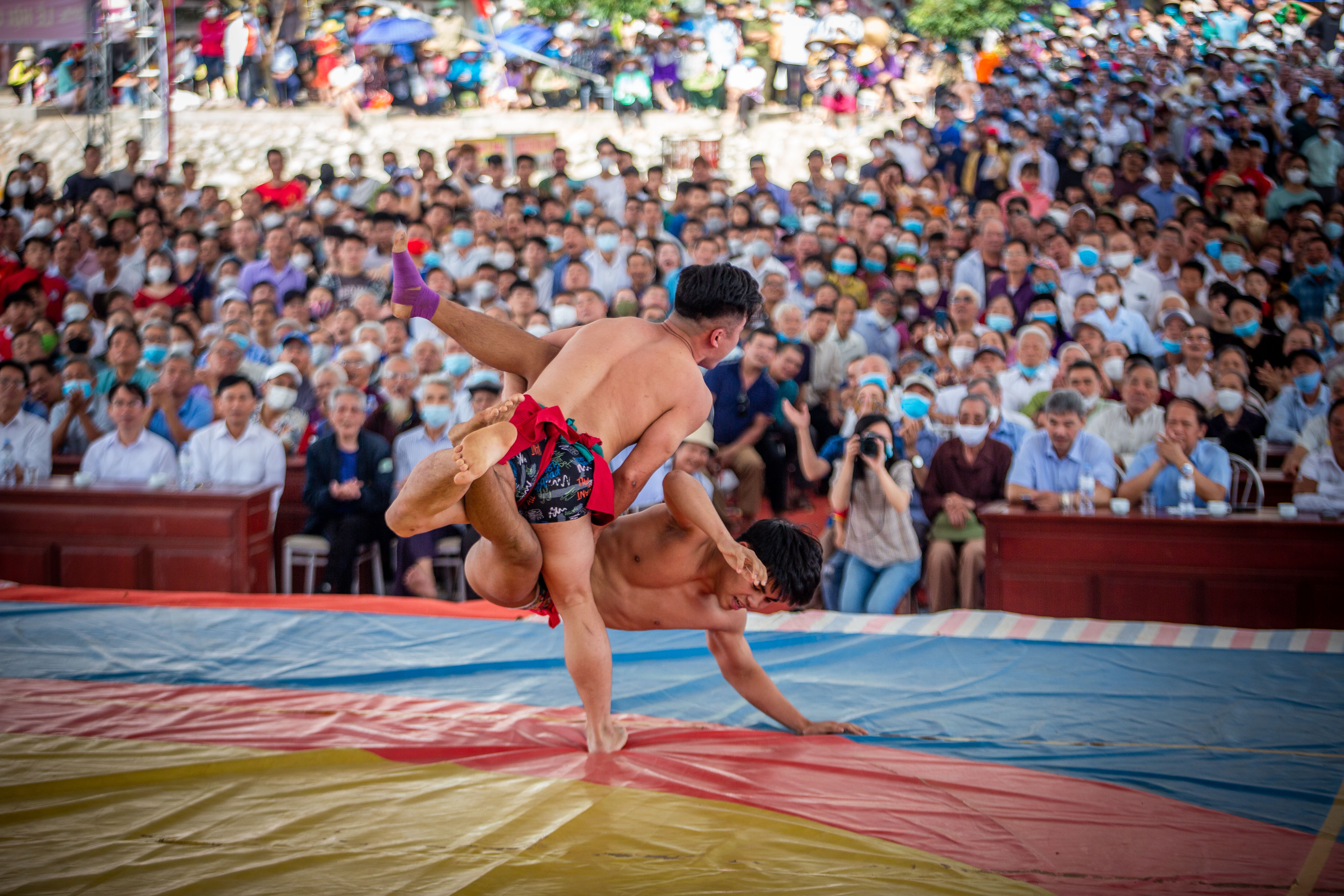



Comment (0)